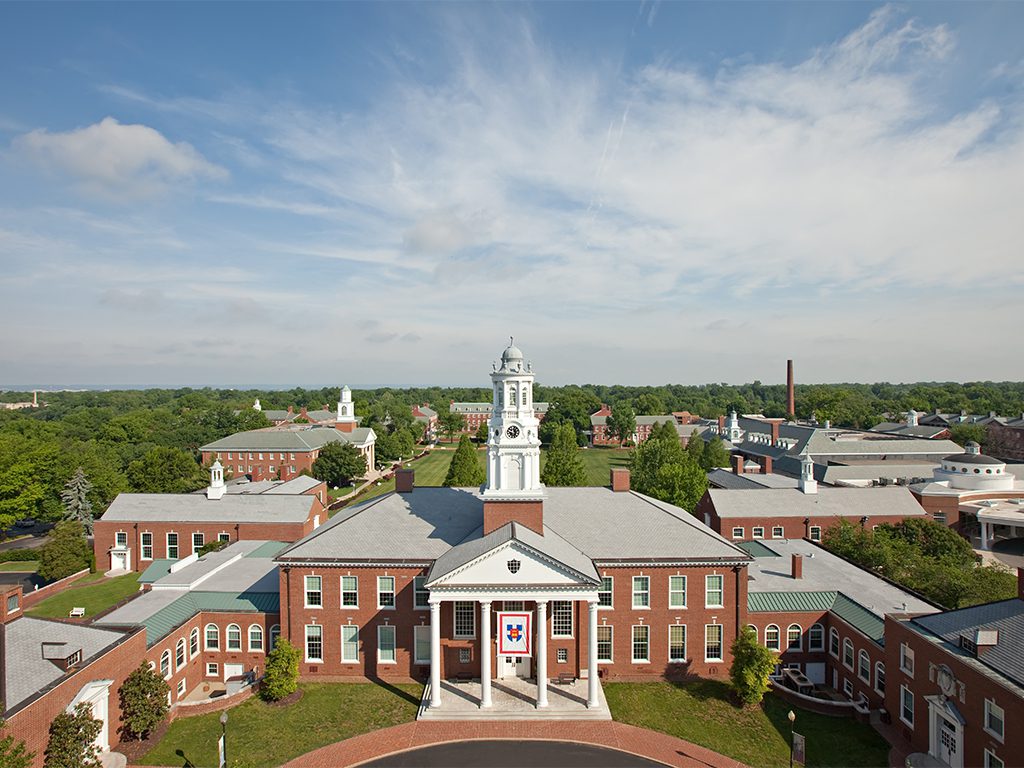The Story: New data reveal that the largest seminaries in America are the most orthodox and evangelical.
The Background: Each year the Association of Theological Schools (ATS) compiles data on their member schools (currently 231 in the United States and 41 in Canada). Chelsen Vicari of the Institute on Religion & Democracy examined the latest data and found that “students seeking training for church ministry in the United States are largely attracted to evangelical Protestant seminaries, a trend that hasn’t changed much over the past 20 years.”
1. Fuller Theological Seminary
2. Southern Baptist Theological Seminary
3. Southwestern Baptist Theological Seminary
4. Asbury Theological Seminary
5. Southeastern Baptist Theological Seminary
6. Dallas Theological Seminary
7. Gordon-Conwell Theological Seminary
8. New Orleans Baptist Theological Seminary
9. Trinity Evangelical Divinity School
10. Midwestern Baptist Theological Seminary
A ranking of the schools by total head count (full-time and part-time enrollment) reveals a similar pattern:
1. Fuller Theological Seminary (3,199)
2. Southern Baptist Theological Seminary (2,754)
3. Southwestern Baptist Theological Seminary (2,590)
4. Dallas Theological Seminary (2,130)
5. Southeastern Baptist Theological Seminary (2,120)
6. Gordon-Conwell Theological Seminary (1,924)
7. New Orleans Baptist Theological Seminary (1,619)
8. Asbury Theological Seminary (1,537)
9. Golden Gate Baptist Theological Seminary (1,357)
10. Midwestern Baptist Theological Seminary (1,196)
The main difference is that Trinity Evangelical Divinity School drops off the list and is replaced by Golden Gate Theological Seminary, an SBC institution.
Vicari also notes that among the least-attended seminaries are from some of the most liberal denominations:
Among the smallest accredited Protestant seminaries in the nation are three Episcopal seminaries: Bexley Hall Seabury-Western Theological Seminary Federation with 17 full-time students enrolled, General Theological Seminary with 34 full-time students, and Episcopal Divinity School with 35 full-time students. IRD’s Jeffrey Walton reported Episcopal Divinity School will no longer grant degrees after the coming academic school year. “A menu of recycled 1960s-era liberation theology themes garnished with radical sexuality and gender studies proved unappealing to prospective seminarians,” Walton noted.
Meanwhile, it’s two Cooperative Baptist Fellowship-associated seminaries that reveal another interesting contrast among evangelical institutions. Unlike the chart-topping conservative SBC-affiliated seminaries, the more liberal CBF-affiliated Baptist Theological Seminary of Richmond counted 42 full-time students and Baptist Seminary of Kentucky had only 31 full-time students in 2015-16.
Why It Matters: Kenneth Kantzer, the late academic dean of Trinity Evangelical Divinity School, once said that in 1890 all of the Protestant theological seminaries in the United States—with the notable exception of Harvard—were evangelical. Forty years later, though, almost all of them had become liberal (i.e., denied basic tenets of orthodoxy). By the 1950s, only four of the top ten largest seminaries were sponsored by evangelical denominations. Of those four, three were part of the SBC, which was struggling at the time to take back control of its schools from liberal professors.
By the 1990s, the trend had shifted once again back toward conservative evangelicalism. After the “conservative resurgence” in the SBC, all six of the denomination’s seminaries were solidly orthodox. And by 1995, only two liberal-leaning seminaries remained on the list of top ten schools by enrollment (Princeton at #9 and Candler School of Theology at #10).
While we should be careful not to make too much of this shift (enrollment size doesn’t necessarily determine national influence) this sustained trend deserves our notice and gratitude.
Aside from the local church, there is arguably no more important religious institution than the schools that train ministers of the gospel. As history has shown, when they begin to drift into theological liberalism it has a profound and negative affect on the character of our nation and the vitality of our churches. We should be especially grateful that during a time when our country’s other institutions—from local colleges to the federal government—are becoming weaker and less trustworthy, our seminaries remain strong and committed to God’s Word.
For so many of the largest seminaries to be solidly orthodox and gospel-oriented is precious gift from our Lord—and one that we shouldn’t take for granted.
